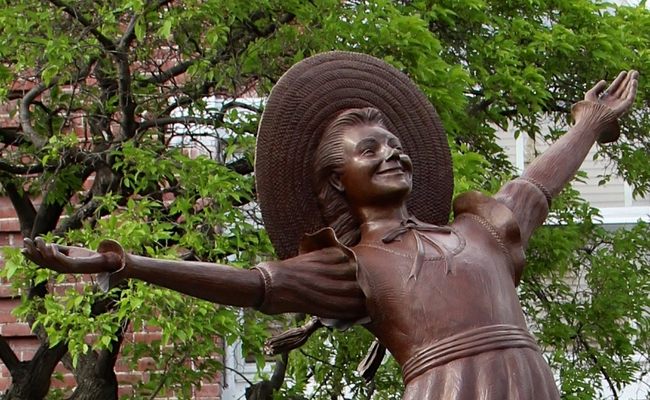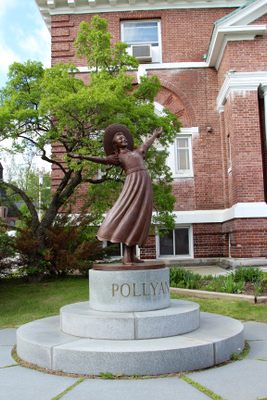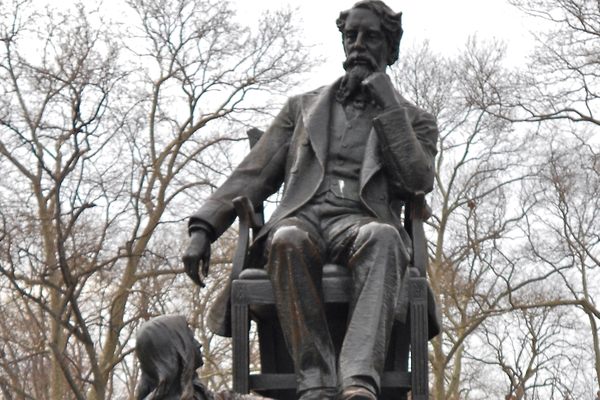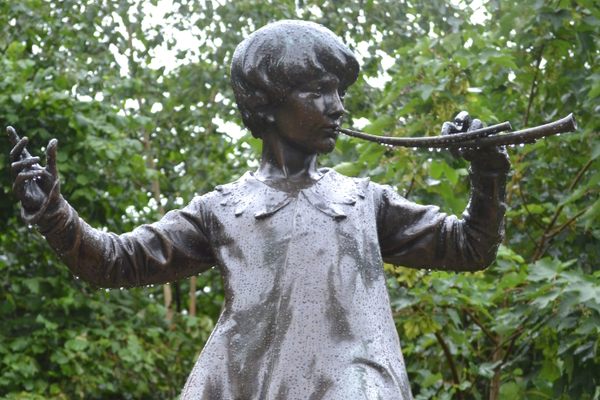About
People remember good things better than bad things. Our brains recall the details of our happiest memories more precisely, and mercifully offer more impressionistic recollections of our worst. This tendency is called the Pollyanna principle, named for the eponymous hero of Eleanor Hodgman Porter’s 1913 children’s classic.
Pollyanna Whittier is an orphan who goes to live with her mean aunt in the dispirited New England town of Beldingsville, Vermont. Influenced by her father’s unending optimism, she simply "plays the glad game" whenever things get bleak—when she’s sentenced to eat bread and milk in the kitchen with the servant, Nancy, for being late to dinner, she profusely thanks her aunt because she loves milk and bread and Nancy.
Porter’s book sold over a million copies the first year and by 1920 had already gone through 47 printings, a Broadway play, and the first of many films. Porter penned the book’s sequel, Pollyanna Grows Up, in 1915, and several other writers have written at least 13 more since.
Pollyanna’s influence reaches much further than New England. Allan Moore's comic The League of Extraordinary Gentlemen features a character, Polly Whittier, who maintains an optimistic outlook despite attacks from the Invisible Man. Merriam-Webster defines a "Pollyanna" as “a person characterized by irrepressible optimism and a tendency to find good in everything,” and Ray Bradbury once described himself to William Plummer (in a scrapped interview for the Paris Review in 1976) as being “too much Pollyanna… But I don’t think I’m too over optimistic.”
Porter was born in Littleton in 1868, and left the town for the New England Conservatory of Music and never came back, but her forever optimistic character left an impression on the people of the town, and they commemorated her gracious spirit in bronze in 2002.
Related Tags
Know Before You Go
Littleton is right off of I93 in New Hampshire.
Published
July 10, 2017


























